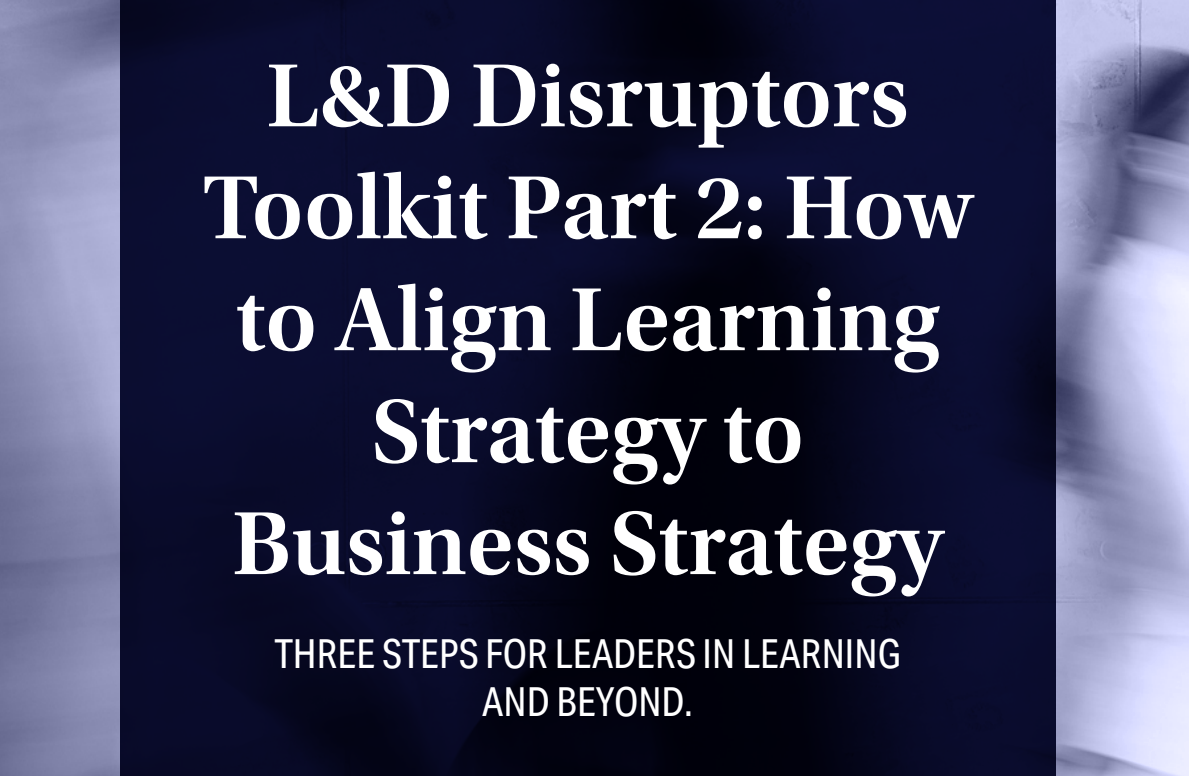Enterprise Learning’s New Panacea
Mar 19, 2017 by Tim Sarchet

There are lots of things about personalized learning that we love. Powerful recommendation engines, personal learning paths and the ability to track informal learning are wonderful tools.
The improved user interfaces and learner experiences that some of the new players are bringing to the stagnant LMS market are long overdue.
Easier access to more content for more people in a better user interface can only be a good thing, right?
Probably. But before our industry dives head first into another expensive turnkey solution that locks us into a particular approach for many years, it’s worth exploring the potential drawbacks to these new approaches and platforms.
The advantages touted by the new generation of LMS (like Degreed or Pathgather) include having all your learning in one place, making content easier to find, and making learning personalized for the individual.
But having thousands or millions of learning assets under one roof doesn’t make any of those assets any good. And what’s the point of tracking the use of that content if the learning outcomes are insignificant? Finding learning has rarely been the problem people have with online learning in the enterprise. They can find it, they just don’t like it.
Now users can learn whatever they want, tailored to their individual needs and interests, what of organizational learning? How do we develop a shared understanding, or collaborate on common problems when everyone is off doing their own thing?
Enterprise learning isn’t just about empowering people to learn what they want and then measuring it all. Developing a culture of learning takes much more than collecting every video from YouTube and Pluralsight, every TED Talk, and every elearning course all in one platform.
Enterprise learning should be about helping our people to develop the skills they need to solve the complex problems they are facing — problems they can’t answer with a quick Google search or by watching a five minute YouTube video. It should be about fostering a shared language, culture, and understanding that drives strategy forward. It should be about leading change, not just reacting to it.
Personalized learning platforms and the new LMS wrappers don’t seem to be addressing some of these tougher questions. That’s fine if they are just one approach of many used by L&D. But when they attempt to become the de facto approach for all online learning we have a problem. We reduce learning to the passive consumption of content (again!). It might be a nicer user experience, with more and easier to find resources, but it’s still passive consumption of content.
And learning (even online learning) is and should be about much much more than that.



